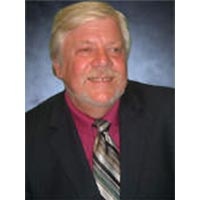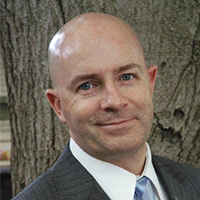Payette Misdemeanor Lawyer, Idaho
Not enough matches for Payette Misdemeanor lawyer.
Below are all Payette Criminal lawyers.
Ryan William Tatum
✓ VERIFIEDRyan W. Tatum is a founding partner at Tatum McBride Law, P.C., a firm dedicated solely to Criminal Defense. Tatum McBride Law, P.C., devotes their f... (more)
Jon R. Cox
✓ VERIFIEDFor more than 28 years, the Cox Law Firm has provided exemplary legal representation in all types of criminal defense matters in the Boise, Idaho area... (more)
Ronald Robert Shepherd
✓ VERIFIEDRon knew from an early age that he wanted to pursue a profession centered around helping others. Of course, there are many ways to be of service. Yet ... (more)
Raymond Douglas Schild
✓ VERIFIEDRay has been practicing in Idaho since 1989. After attending the United States Military Academy at West Point in 1970, he graduated with his BA in Phi... (more)
Frances M. Talboy Kershisnik
✓ VERIFIEDFrances Kershisnik is a practicing lawyer in the state of Idaho who handles Estate and Divorce and Family Law matters.
Patrick C. Kershisnik
✓ VERIFIEDPatrick C. Kershisnik is a practicing lawyer in the state of Idaho handling Estate and Divorce and Family Law Matters.
Joseph C. Miller
✓ VERIFIEDJoseph C. Miller is a lawyer, but is a husband and father first. Joe is married to the most wonderful woman in the world. In fact, his wife, Shelly,... (more)
FREE CONSULTATION
CONTACTFREE CONSULTATION
CONTACTFREE CONSULTATION
CONTACT







